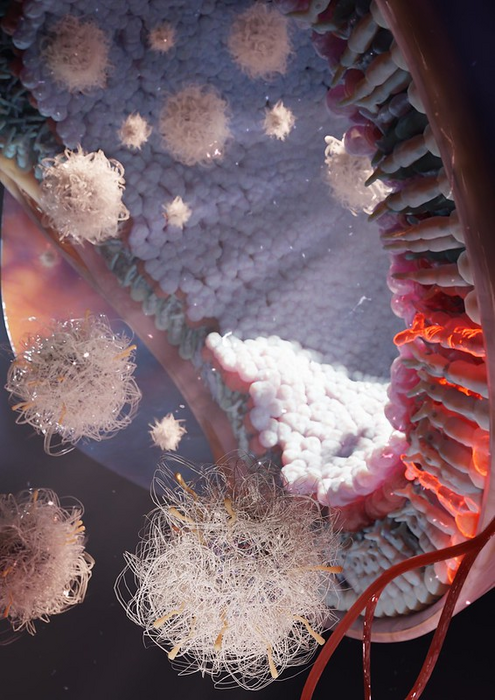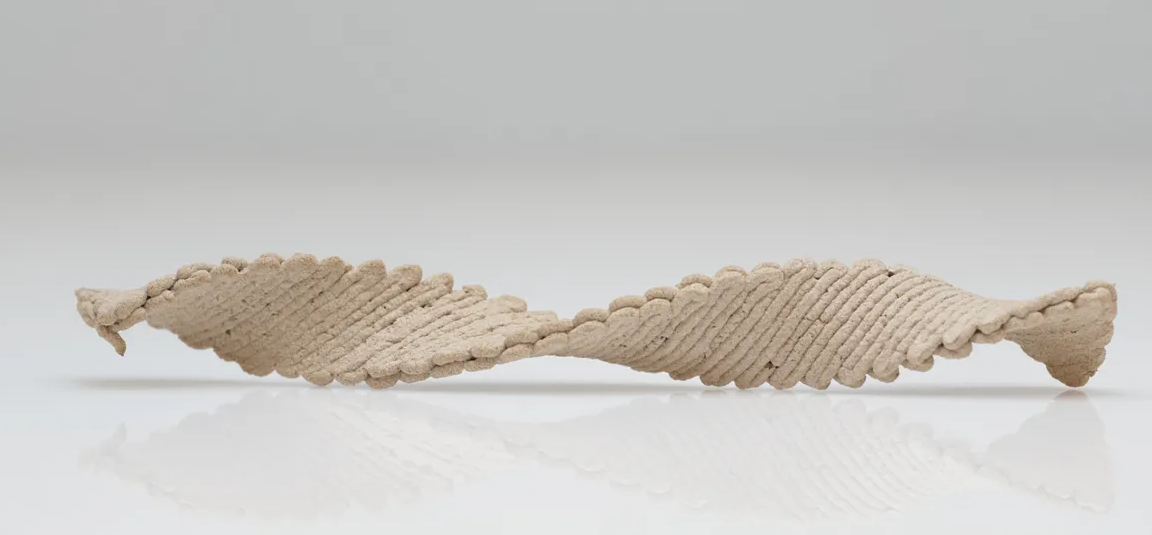Scientists from the Oregon State University College of Pharmacy have shown a ray of hope for the treatment of a rare genetic condition that causes blindness. For this, researchers used lipid nanoparticles (LNPs) and messenger RNA (mRNA), which are the same technologies used in COVID-19 vaccines.
Researchers developed nanoparticles capable of entering into the neural retina and delivering mRNA to the photoreceptor cells. The proper functioning of these photoreceptor cells makes vision possible.
LNPs are extremely small lab-made balls of fat, researchers used to deliver strands of mRNA inside the eye. For treating blindness, the mRNA will be designed to produce proteins that alter vision-harming gene mutations.
In this study, researchers showed the way its lipid nanoparticle successfully targeted light-sensitive cells in the eye, called photoreceptors, in both mice and nonhuman primates.
“We identified a novel set of peptides that can reach the back of the eye. We used these peptides to act as zip codes to deliver nanoparticles carrying genetic materials to the intended address within the eye,” Gaurav Sahay, OSU associate professor of pharmaceutical sciences, said in a press release.
“The peptides that we have discovered can be used as targeting ligands directly conjugated to silencing RNAs, small molecules for therapeutics or as imaging probes,” Herrera-Barrera added.
The study was published in Science Advances.







